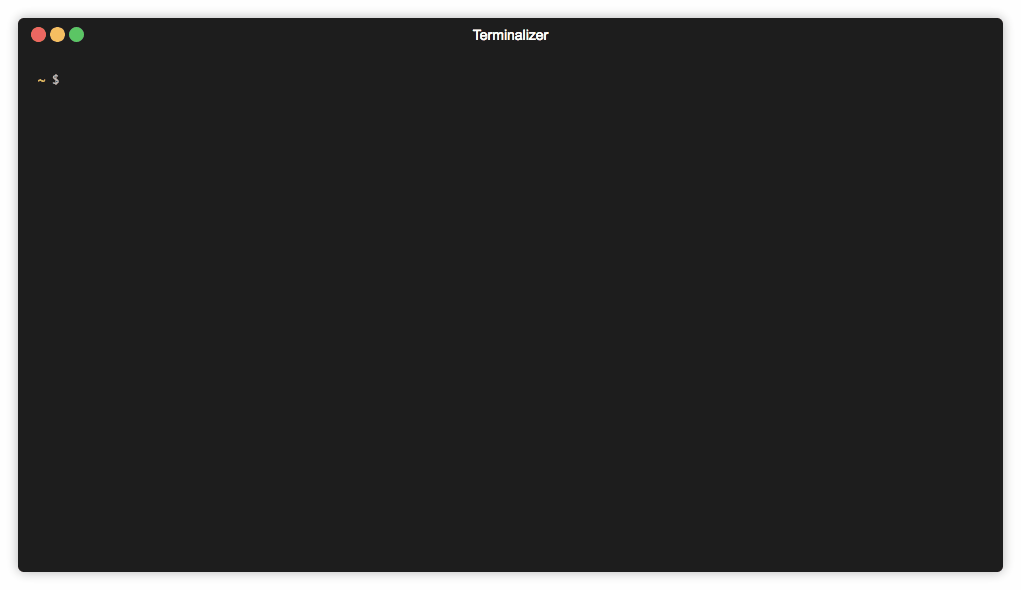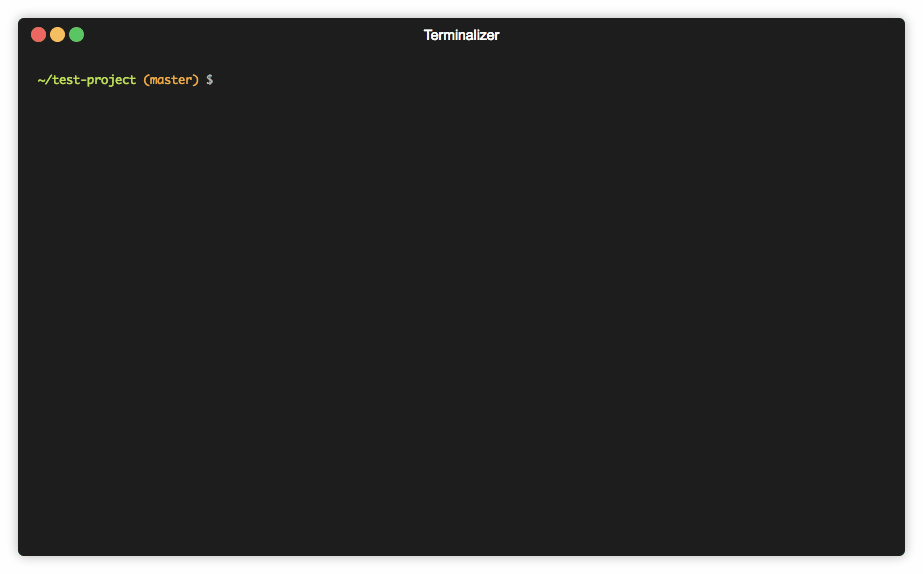Gitleaks

Audit git repos for secrets. Gitleaks provides a way for you to find unencrypted secrets and other unwanted data types in git repositories. As part of its core functionality, it provides:
- Audits for uncommitted changes
- Github and Gitlab support including support for bulk organization and repository owner (user) repository scans, as well as pull/merge request scanning for use in common CI workflows.
- Support for private repository scans, and repositories that require key based authentication
- Output in JSON formats for consumption in other reporting tools and frameworks
- Externalised configuration for environment specific customisation including regex rules
- High performance through the use of src-d's go-git framework
repo scan |

|
pre commit scan |

|
Getting Started
Written in Go, gitleaks is available in binary form for many popular platforms and OS types from the releases page. Alternatively, executed via Docker or it can be installed using Go directly, as per the below;
MacOS
brew install gitleaks
Docker
docker pull zricethezav/gitleaks
Go
Ensure GO111MODULE=on is set as an env var
go get github.com/zricethezav/gitleaks/v3@latest
Usage
gitleaks has a wide range of configuration options that can be adjusted at runtime or via a configuration file based on your specific requirements.
Usage:
gitleaks [OPTIONS]
Application Options:
-v, --verbose Show verbose output from audit
-r, --repo= Target repository
--config= config path
--disk Clones repo(s) to disk
--version version number
--username= Username for git repo
--password= Password for git repo
--access-token= Access token for git repo
--commit= sha of commit to audit
--files-at-commit= sha of commit to audit all files at commit
--threads= Maximum number of threads gitleaks spawns
--ssh-key= path to ssh key used for auth
--uncommitted run gitleaks on uncommitted code
--repo-path= Path to repo
--owner-path= Path to owner directory (repos discovered)
--branch= Branch to audit
--report= path to write json leaks file
--report-format= json or csv (default: json)
--redact redact secrets from log messages and leaks
--debug log debug messages
--repo-config Load config from target repo. Config file must be ".gitleaks.toml" or "gitleaks.toml"
--pretty Pretty print json if leaks are present
--commit-from= Commit to start audit from
--commit-to= Commit to stop audit
--timeout= Time allowed per audit. Ex: 10us, 30s, 1m, 1h10m1s
--depth= Number of commits to audit
--host= git hosting service like gitlab or github. Supported hosts include: Github, Gitlab
--baseurl= Base URL for API requests. Defaults to the public GitLab or GitHub API, but can be set to a domain endpoint to use with a self hosted server.
--org= organization to audit
--user= user to audit
--pr= pull/merge request url
--exclude-forks audit excludes forks
Help Options:
-h, --help Show this help message
Docker usage examples
Run gitleaks against:
Public repository
docker run --rm --name=gitleaks zricethezav/gitleaks -v -r https://github.com/zricethezav/gitleaks.git
Local repository already cloned into /tmp/
docker run --rm --name=gitleaks -v /tmp/:/code/ zricethezav/gitleaks -v --repo-path=/code/gitleaks
By default repos cloned to memory. Using --disk for clone to disk or you can quickly out of memory.
For speed up analyze operation using --threads parameter, which set to ALL - 1 threads at your instance CPU.
Exit Codes
Gitleaks provides consistent exist codes to assist in automation workflows such as CICD platforms and bulk scanning.
0: no leaks
1: leaks present
2: error encountered
Give Thanks
If using gitleaks has made your job easier consider sponsoring me through github's sponsorship program or donating to one of Sam's favorite places, the Japan House on the University of Illinois at Urbana-Champaign's campus: https://japanhouse.illinois.edu/make-a-gift